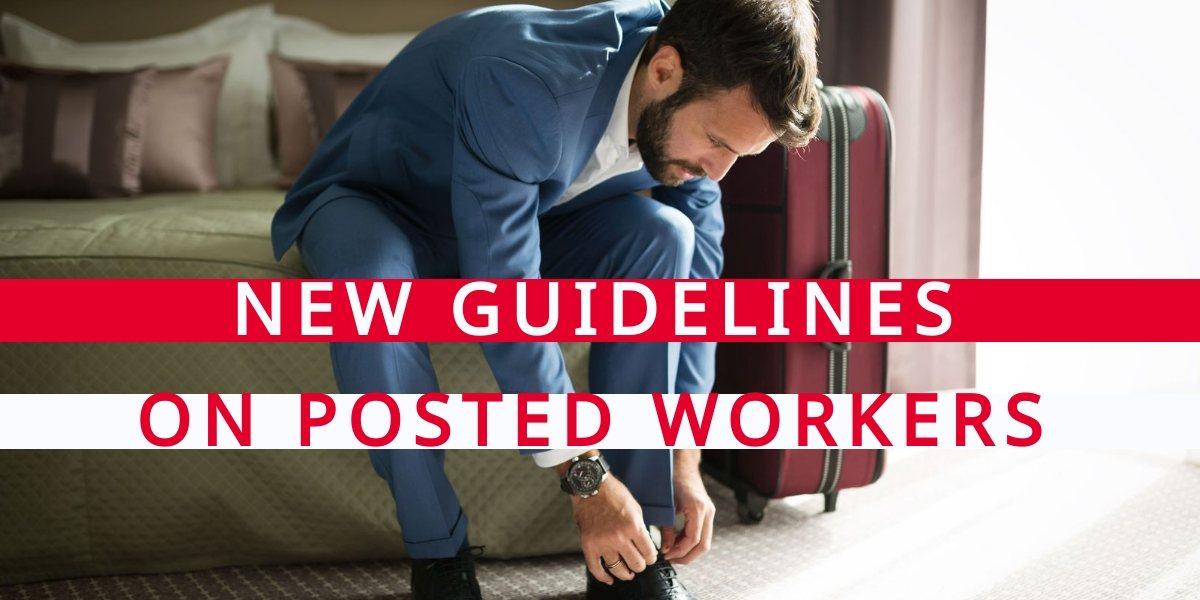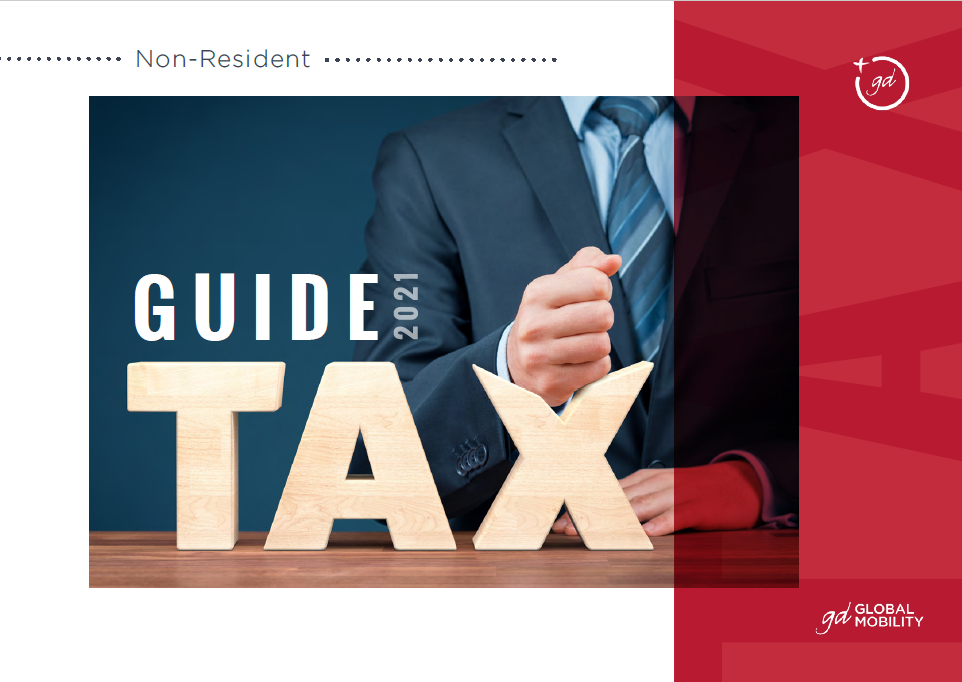
Directive (EU) 2018/957 modifies some aspects of Directive 96/71 / EC, and thus redefines the European legislation governing Posted Workers, with the aim of guaranteeing the rights of posted workers in the context of freedom to provide services established by the founding principles of the Union.
Equal remuneration
Thus, if the Directive of the year 96 guaranteed to displaced workers within the framework of the EU the conditions applicable, by law or by agreement, in the host Member State in relation to a series of taxed matters, among others, the minimum wage, including the increase for overtime, the 2018 Directive deepens this purpose. For example, establishing equitable remuneration under the same conditions as local workers.
“Equal salary”, it appears from the Directive, does not mean “equal pay”, because for its comparison with the remuneration demanded in the host Member State, it should not take into account those salary concepts paid in order to compensate the expenses that the Displacement itself causes, such as reimbursement or compensation for travel, food and accommodation expenses.
Posting for more than one year
The new directive also establishes that, if the displacement is greater than 12 months (or 18 months, if such extension is communicated), all the applicable working conditions must be applied according to the labor legislation in the country of destination, and not only the appraised ones, with the only two exceptions:
- those related to the formalities of execution and termination of the employment contract, and;
- supplementary retirement schemes.
In practice, this implies that workers posted for periods of more than 12 months become fully integrated into the destination labor legislation, and the companies that move them should comply with all that is established by said legislation, collective agreements, etc.
Obligations for companies that post workers abroad
A series of administrative requirements and control measures have been established for companies that post workers, additional to those already contemplated in the Directive of 96, such as the obligation to communicate the movements to the labor authorities at destination.
In particular, the company posting a worker must identify, in its posting communication, a representative for the purpose of dialogue with the competent labor authority of the host Member State
Business travel is excluded
According to the guide drawn up by the Commission on questions and answers concerning the application of this Directive, workers temporarily sent to work in another Member State, but who do not provide services there, are not considered to be posted workers. This refers to those workers who undertake professional trips to attend meetings, training, conferences and fairs.
If you need more information about Expatriation Policies, please contact our international mobility experts.



